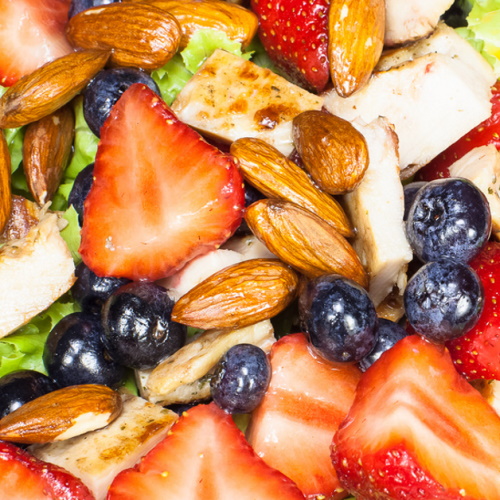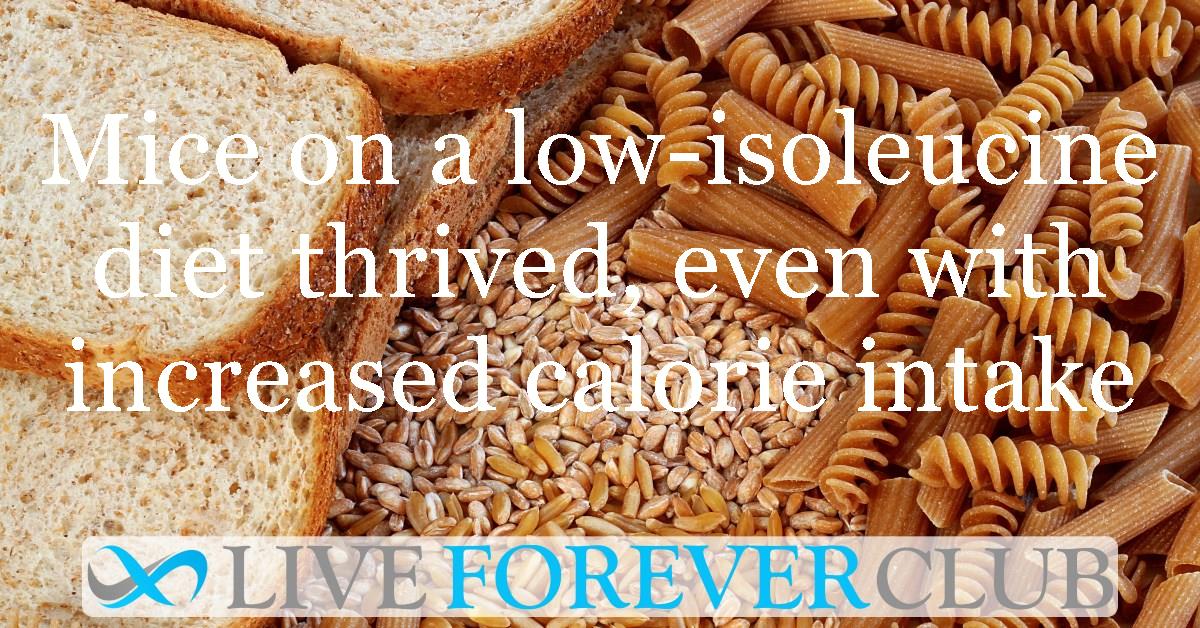Key points from article :
Mice eating less of the amino acid isoleucine lived longer, healthier lives.
They were leaner, had less frailty, and were less likely to develop cancer.
The mice ate more calories but burned more calories, so they lost weight.
They had steadier blood sugar levels and less age-related prostate enlargement.
The mechanism behind these benefits is not well understood, but it may be related to the gene mTOR.
Humans need isoleucine to live, so it is not possible to simply remove it from the diet.
However, eating a healthier diet may lower isoleucine intake enough to make a difference.
Study led by Dudley Lamming from University of Wisconsin, published in Cell Metabolism.






